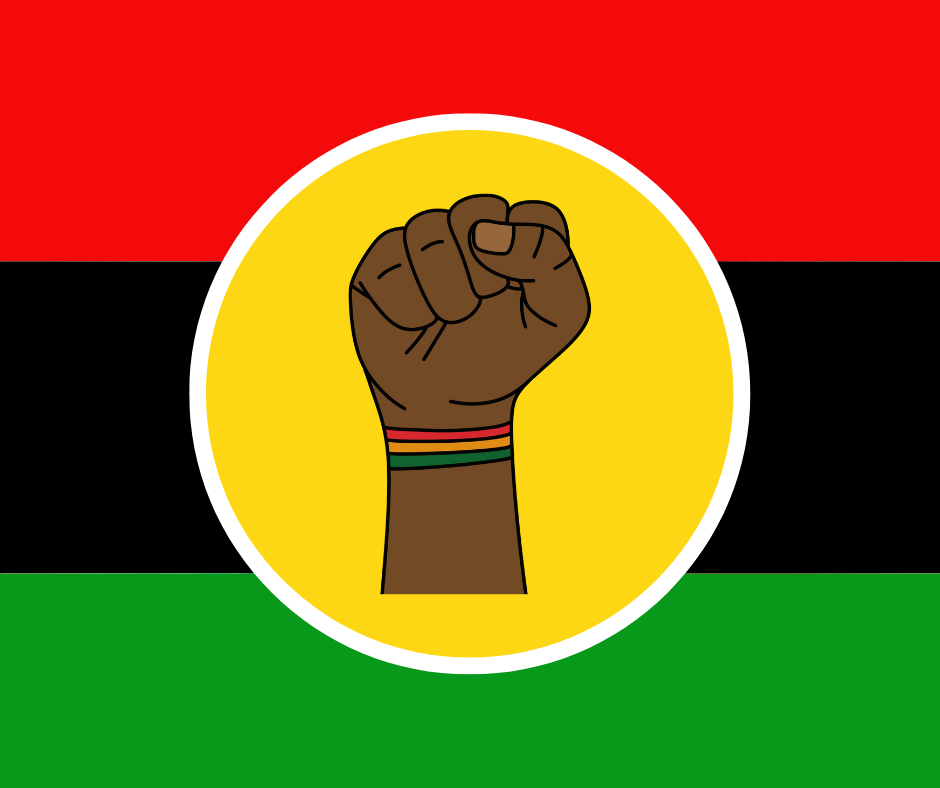

For folks that know me, celebrating my Caribbean heritage is an important aspect of my ethnic and personal identity that I am proud to talk about and display at every opportunity. Whether it is blasting the latest soca and calypso song through my car’s speakers, cooking Caribbean meals for my family and friends, writing about the Caribbean/Caribbean American experience or expressing post-fete Carnival tabanca with my cousins and girlfriends, these socio-cultural elements of Caribbean living in the U.S. are just a few ways I celebrate the heritage of my foreign-born ancestors.
The month of June “kicks off” the summer season when everyone in the U.S. and Canada can celebrate and honor the social, historical, political, economic and cultural contributions of Caribbean immigrants and their descendants in the U.S and beyond. It is (and should be a well known) fact that a significant number of the African enslaved population in the U.S during the seventeenth and eighteenth centuries were forcibly brought from Jamaica, Antigua and Barbados to colonial states South Carolina, Virginia and New York. Later, between 1866 and 1910 the presence of Caribbean voluntary immigrants and their descendants also began to significantly contribute to the shifting demographic landscape in the early 20th century by serving as the primary source of African descendant population growth that still continues today.
In 1999, the Institute of Caribbean Studies began a legislative campaign to garner political and public support to recognize the history and contributions Caribbeans and their descendants have made to the U.S. and global community. Their efforts were finally realized in 2005 when Congresswoman Barbara Lee and the U.S. House of Representatives unanimously adopted H. Con. Res. 71 and President George W. Bush issued a proclamation in 2006 designating June as National Caribbean Heritage Month.
Since, states and territories in the U.S. formally recognize the significance of Caribbean people and their descendants in the history and culture of the United States through a host of sponsored state and local activities. These include Caribbean Film Festivals, faith-based ceremonies, Legislative Conference Week on Capitol Hill, “A Salute to Hollywood Excellence” and “Caribbean American Change Makers” award ceremonies, and scores of Caribbean “Carifest” or local Carnival fetes from New York, Maryland, Pennsylvania, Florida, Massachusetts and California, to North Carolina, South Carolina, Louisiana, Texas, Ohio and Georgia—to name a few. The cultures, people and histories celebrated are often represented from four major regions of the Caribbean: the Greater Antilles (Bahamas, Cayman Islands, Cuba, Haiti, Dominican Republic, Jamaica and Puerto Rico), Lesser Antilles (U.S. Virgin Islands, British Virgin Islands, Anguilla, Antigua and Barbuda, Saint Martin, Saba, Saint Eustatius, Saint Barthelemy, Saint Kitts and Nevis, Montserrat, and Guadeloupe), Leeward Antilles (Aruba, Curacao and Bonaire) and the Windward Islands (Dominica, Martinique, Saint Lucia, Saint Vincent and the Grenadines, Grenada, Barbados, Trinidad and Tobago, and Turks and Caicos).
The diversity of this representation typifies the energy, perspectives and frameworks seen on all levels of social interaction that help to inform public discourse: music and pop culture, politics, sciences, the arts and humanities through the contributions of notable Caribbean immigrants and Caribbean Americans such as musicians Rihanna, Lenny Kravitz, Doug E. Fresh, Nicki Minaj and Maxwell; actors Sidney Poitier, Nia Long, Harry Belafonte, Amanda Seales, Cicely Tyson, Alfonso Ribeiro, Lorraine Toussaint and Kerry Washington; scientists Dr. Roger S. Pulwarty (atmospheric and climatologist), Dr. Camille Wardrop Alleyne (astronaut, NASA) and Dr. Deborah Persaud (virologist); politicians Colin Powell, Shirley Chisolm, Eric Holder, Kamala Harris, and Yvette Clarke; writers Julia Alvarez, Edwidge Danticat, Audre Lorde, Junot Diaz, Claudia Rankine, and Elizabeth Nunez; of course, the list goes on.
In addition to these celebrities, we must also edify the contributions of everyday people—locally and nationally—who do the hard work of strengthening our communities through mentorship, entrepreneurship and enterprise, service and education. There are also those who remain engaged with individuals of the larger Caribbean diaspora, too—ones who remain impacted by economic and humanitarian crises (e.g., Venezuela, Haiti), the aftermath of Hurricane Maria (e.g., Barbuda and Puerto Rico) and other natural disasters, as well as the “global water crisis” which is projected to effect the entire Eastern Caribbean by year 2025.
Like everyone else who enjoys a great fete, it is fun to take time to spread love and appreciation for the ways people and their cultures (e.g., food, language, music, art) add to the richness of humanity. As members of the global community, however, it is also important to recognize and actively work toward creating a positively interdependent global society. It is imperative, in my opinion, to identify and support organizations and individual efforts to remediate crises in the Caribbean basin with the same vigor as we see issues arise in the U.S. and on the continent of Africa. As human beings on this planet, we have and always will be interconnected; our fates and experiences are intrinsically linked in ways that guarantee our wellbeing.
As the summer season is underway and your Caribbean American Heritage celebrations take you through Carnival fetes in Orlando, Caribana in Toronto and Labor Day in New York City, be sure to set aside the rum punch and some time to work together to better our world society for tomorrow.
Reimagine Barbuda 2030, alongside UN Agenda 2030; The Caribbean Environment Programme, https://www.unenvironment.org/cep/; Ignite Caribbean http://ignitecaribbean.org/


